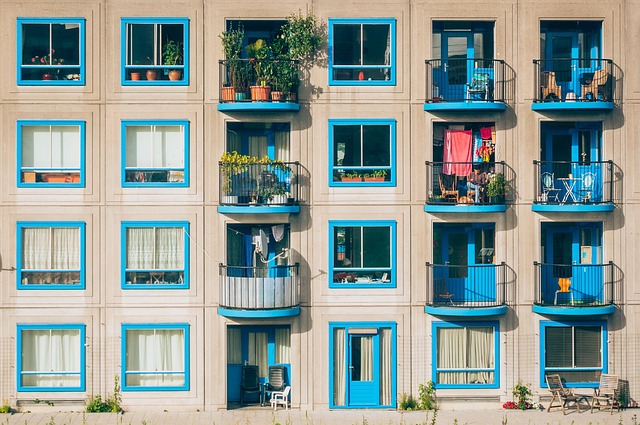In today’s fast-paced world, urban living spaces often seem synonymous with concrete jungles, bustling traffic, and the relentless hustle of city life. However, a growing awareness of the importance of nature is prompting many city dwellers to reclaim their environments through eco-friendly gardens. These verdant retreats serve not only as a breath of fresh air amidst the urban chaos but also nurture our connection to the natural world.
Creating a green oasis in your urban living space can begin with small steps. Imagine transforming a balcony into a lush herb garden or turning a rooftop into a serene escape filled with vibrant flowers. These efforts cultivate a sense of tranquility, allowing individuals to unplug from the digital noise that often permeates city life. Moreover, urban gardening supports local biodiversity, providing habitats for essential pollinators like bees and butterflies, which are increasingly threatened by urban development.
Embracing eco-friendly practices in gardening enhances the health of both the planet and ourselves. Utilizing native plants, for instance, not only minimizes the need for water and pesticides but also creates a sustainable ecosystem. Plants such as lavender, echinacea, and various succulents thrive in urban settings while contributing to a flourishing environment. Implementing organic composting systems and rainwater collection can further reduce our carbon footprints, allowing us to enjoy the benefits of nature with minimal environmental impact.
Beyond the practical benefits, eco-friendly gardens can invigorate our urban living spaces with aesthetics and serenity. A well-designed garden layout transforms balconies, patios, and even small backyards into vibrant artwork, brimming with colors and textures. The sight of blooming flowers, coupled with the sounds of rustling leaves, has proven therapeutic effects, reducing stress and enhancing mental well-being.
The movement towards incorporating green spaces into urban design is gaining momentum, driven by the realization that our environments significantly affect our quality of life. Cities that prioritize green zones not only amplify biodiversity but foster community bonds. Community gardens, often managed by local residents, create a sense of shared responsibility and pride while promoting sustainable practices among neighbors.
Green oases in urban living spaces allow us to cultivate a sense of harmony with our surroundings. They remind us of the essential role nature plays in nurturing our health and happiness. By investing time and resources into creating these eco-friendly gardens, we can enjoy the fruits of our labor while giving back to the Earth. The future of urban environments lies in their ability to integrate with nature, providing a balanced lifestyle that respects and celebrates the environment around us.




